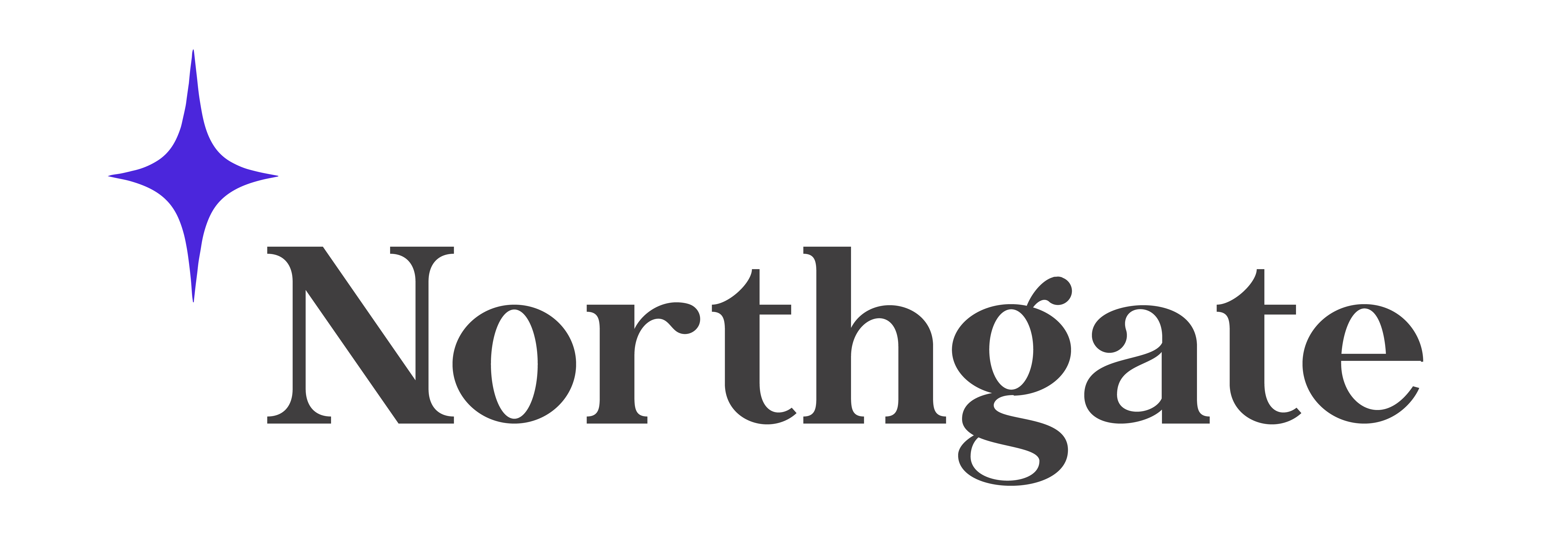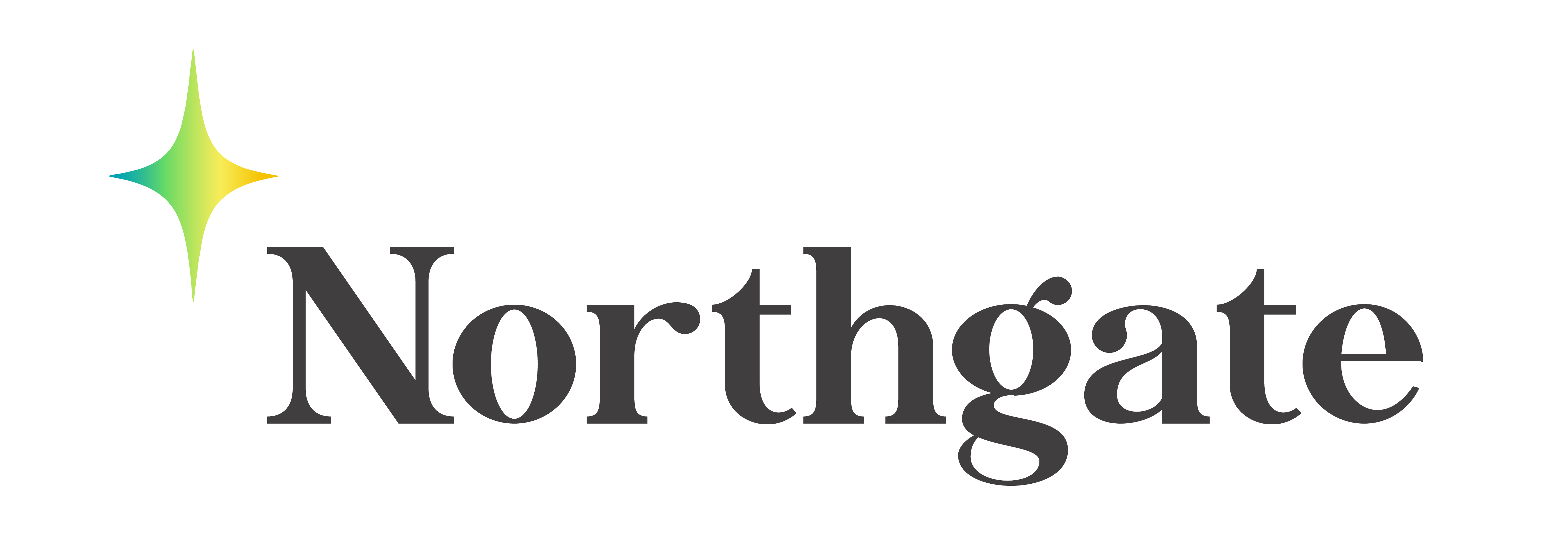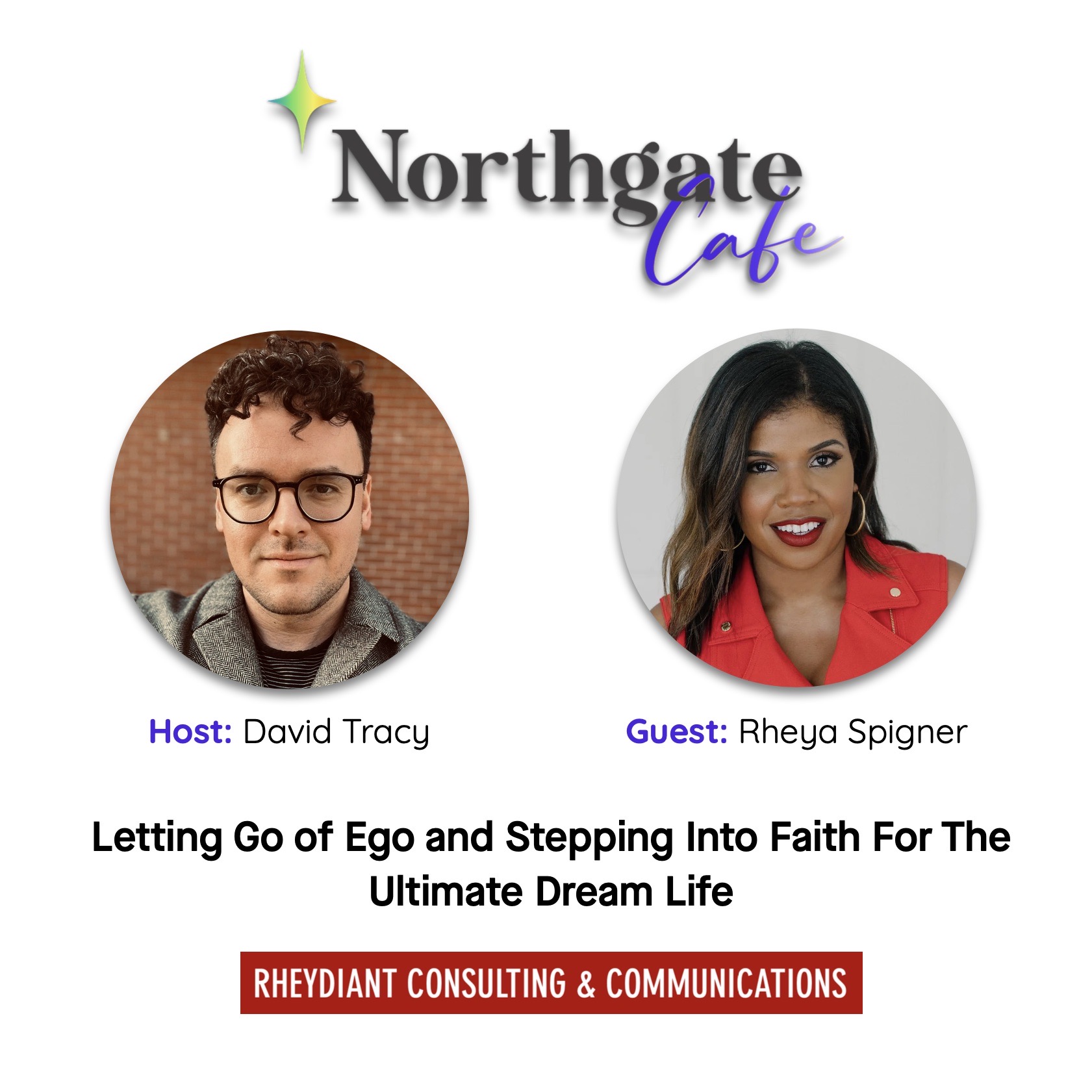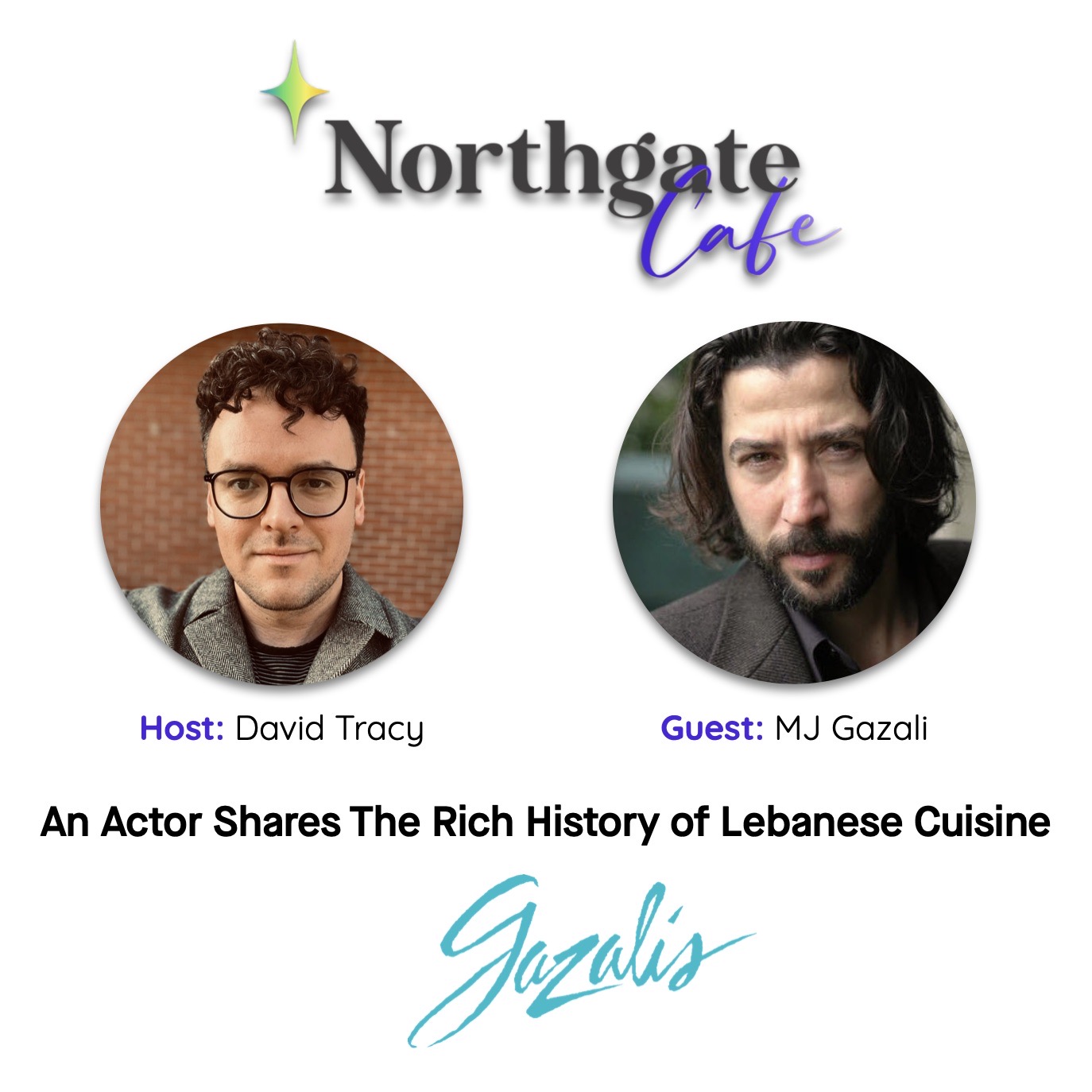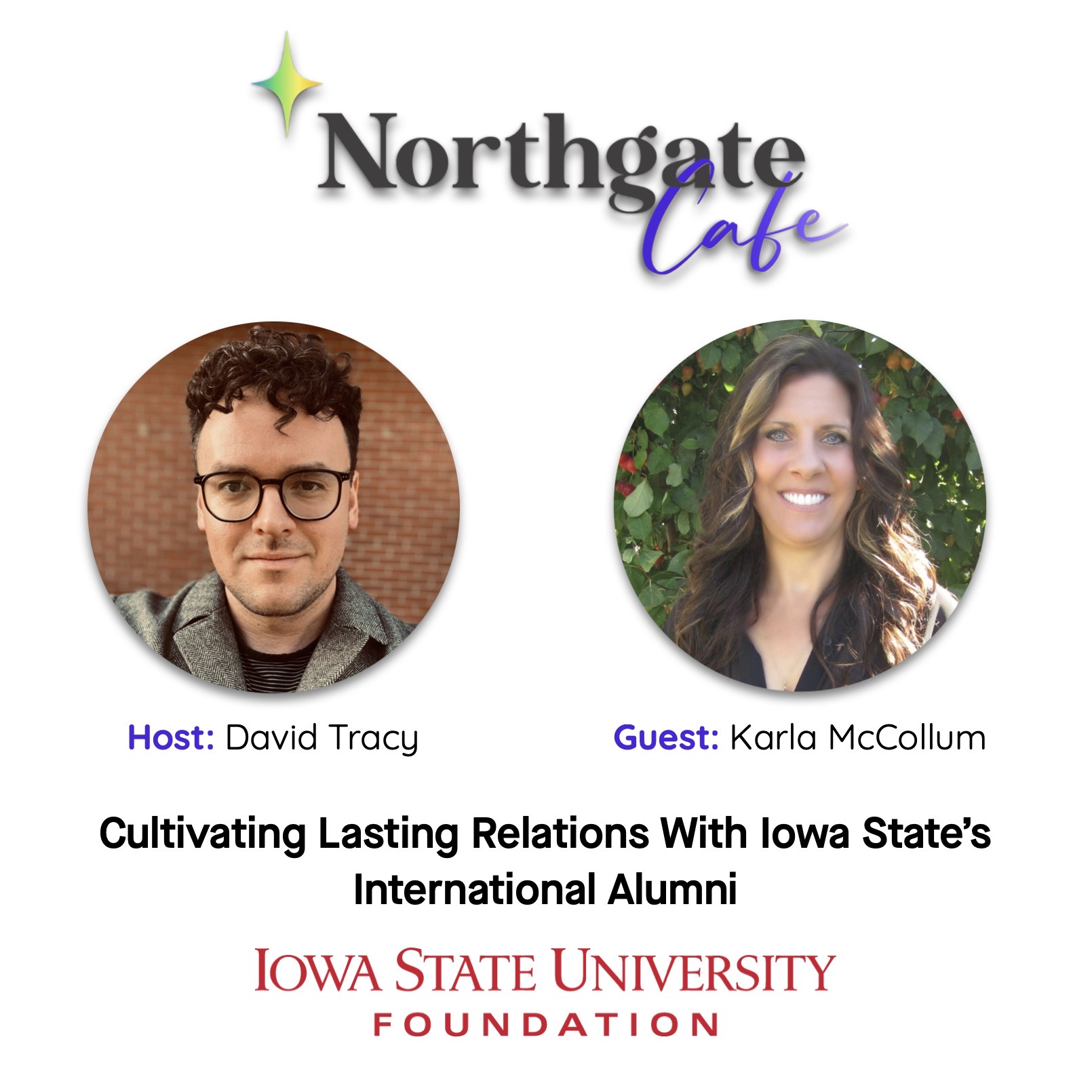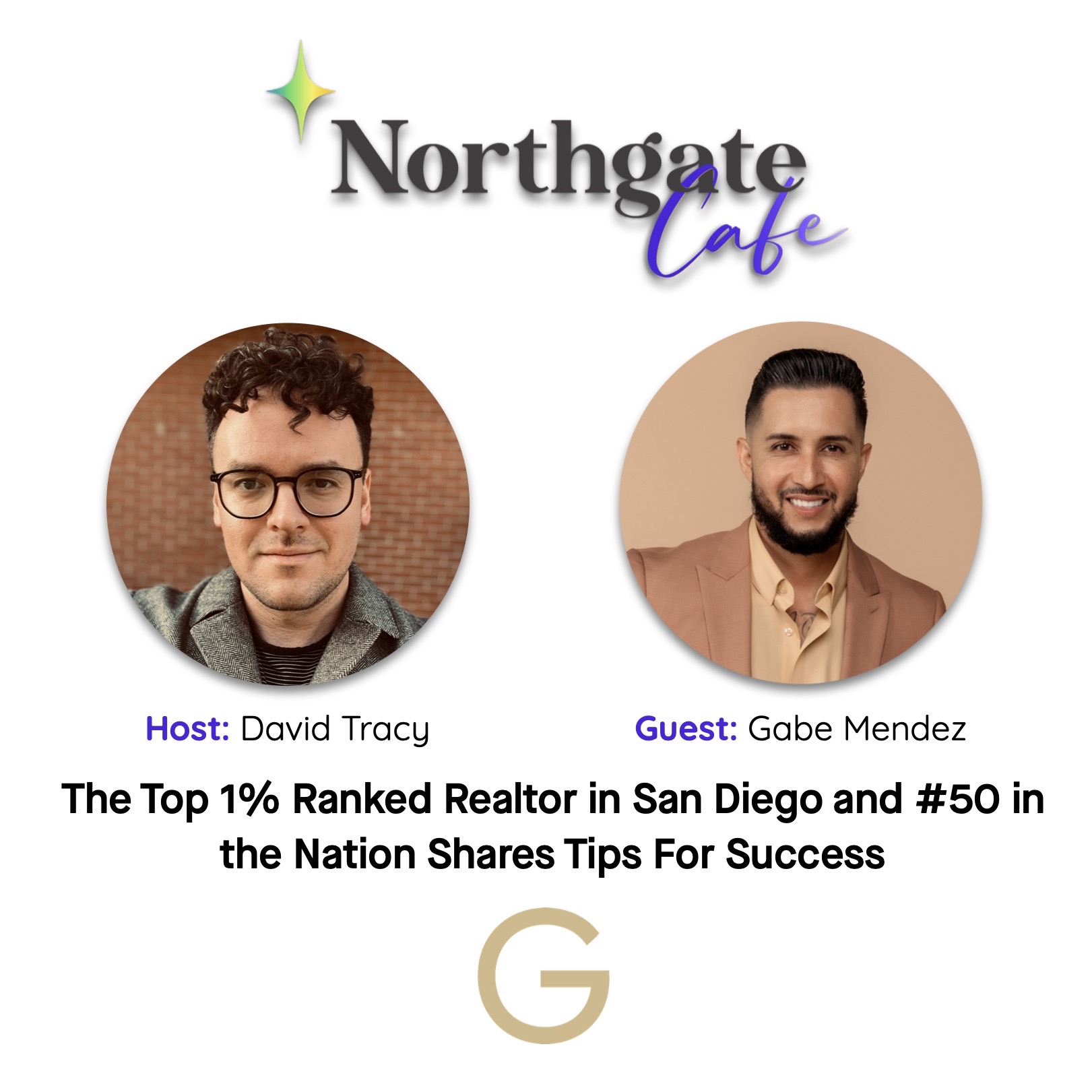
7 Lessons for Marketing Copywriting: Somebody Else’s Head and How to Get There
Why do so many well-intentioned teachers lie to copywriters? “Write what you know” doesn’t work for us, not when our daily bread is made from writing not what we know, but what someone else knows. It’s our job to show the marvels of someone else’s art, someone else’s business, someone else’s invention to a palpitating world. To do that, though, we have to get excited about it ourselves. Fortunately, there are some really good, and as it turns out, fun, ways to do that.
Why Clients Need Us
Clients buy copywriting services because they don’t write as well as we do. It’s not that they don’t have the knowledge or thoughts, it’s just that they don’t know how to effectively move that knowledge from their head to the page. That’s where we come in. We get to use one of the most powerful tools in existence – words – to communicate not only information, but ideas, emotions, and hopes into something other people can actually use and act upon. Yay for us.
Today, copy in marketing has two powerful forms: website copywriting and copywriting for blogs. These, more than anywhere else, are where we get the chance to flesh out the heart of who a client is and what they want to do at the broadest and most profound level. We get to express what makes them tick.
Not Advertising
What we do is not advertising. It is not a commercial. Somewhere in the connection between a producer and a customer is an idea for ways to make life better and we need to find and tap into that connection. A painter doesn’t want to generate something to hang on someone’s wall. She wants to communicate beauty. An inventor who conceives of a new kind of humane mousetrap doesn’t want to get rid of a mouse. He wants to make his living space congenial and safe.
A web copywriter is not after the attributes of a thing. It’s the idea. It’s the motive. It’s the reason, and to get there, it takes one technique.
The One Technique in Three Flavors
Effective marketing copy is built through research. Period. While “Write what you know” isn’t enough for copywriters, writing what you know absolutely nothing about doesn’t work either. Why? Because in order to write about something, you need information. You’re going to have to ask questions and without some research, you won’t even know what questions to ask.
Have you ever read a book review by a critic who hadn’t even bothered to read the book? They’re pointless and worse. They insult the author. The same goes for your client. If she is going to pay you to write her blog or website, you have to know who she is and the basics about what she does. You have to come to your first meeting prepared to ask relevant questions in three areas: their industry, their company, and their story.
The marketing firm I work with, Northgate Marketing in Des Moines, does this really well in what we call our discovery process and what we learn not only gives us a baseline from which to produce a client’s blogs, website, social media and other marketing materials, but we get to know them in a more intimate way because in the process, they share their motivations and plans. That’s when things really get rolling.
A Brand is Not Enough
Part of marketing is branding and it’s an important one, but brand gives an impression. It only hints at the story. Storytelling is what copywriters do and it starts with our understanding of what our client does and how they fit into their own bigger picture.
This is where a copywriter’s natural curiosity works to our advantage. People do some amazing things for a living. Some milk snakes or teach dogs to surf, but butchers, bakers, and candlestick makers have more interesting stories to tell than you might imagine, if you take the trouble to ask. Of course, in order to figure out what to ask, you have to learn in general about the industry surrounding them.
What to Ask
Good copywriting begins with understanding what your client does. Before you ever talk to your client, you might have to know what a millwright is, how mid stream energy is supplied, or where pork in Japan comes from. Some of what you learn will sound more like history or economics than copywriting, but that’s a good thing. This is what your clients care about so, as you serve them, you need to care about them, too. In the process, you’ll learn their terminology and concerns. That makes the next step easy.
Next, ask about how your client fits into the industry’s bigger picture. What does he bring to it? What does she do differently? What problem does their company/method/product solve?
And then, of course, there’s the client’s personal story. After all, they didn’t decide to start this venture because they had nothing better to do. Something in their own experience spurred them to take a road less traveled and start something new. One of our clients survived the Boston Marathon bombing to start a trauma counseling business. Another’s debilitating illness opened a way for her to make festival clothes for dogs. Another client wrote an app that helped him find his way back from addiction. These progressions, these stories are the real foundation of a client’s business. These are the meat and potatoes of who she is. This is the story you need to get help him express.
The Last Question
No matter how much research you do, however, you’ll never get it all.
The last question I always ask a client is what I need to know that I didn’t ask. There’s almost always something.
One of the most surprising answers to that question I ever got was when I was doing a magazine article about small batch butchering. The butcher was a neighbor in my small town, so I knew him a bit and, in addition, thought I’d done some pretty thorough research. In truth, I didn’t expect much, but when I asked him what I hadn’t asked, he started in on what turned out to be the most interesting part of the interview. He wanted to tell me about his biggest problem – trust. He fought a constant battle with customers to make sure they believed that the meat they received in perfectly double-wrapped white packages was actually the same animal they’d dropped off at his door. That spurred a long dissertation regarding the importance of relationship and reputation and transparency in business. In a moment, butchering became philosophy.
The Payoff
In the end, you’re not really after the facts and figures of your client’s business. You have to know them, of course, to effectively showcase what they do, but businesses aren’t mechanical objects that can be marketed well dispassionately. Businesses are about people. They’re started by people, serve people, and succeed or fail because of people.
A copywriter’s privilege, after we’ve done the work and research, is to communicate to the world their clients’ dreams, and to project the reality their clients imagine. This is not only how we make a living. It’s a gift we’re given that we get to give back.
By the way, in case you were wondering, U. S. hog producers gave the livestock pork business in Japan a leg up when, in 1959, 35 hogs were flown to the Yamanashi Prefecture to help them recover from a devastating typhoon and that shipment started more than a 60-year relationship with Iowa corn and pork producers. I learned that from a client.
Told you so.
Author, JoAnne Potter
